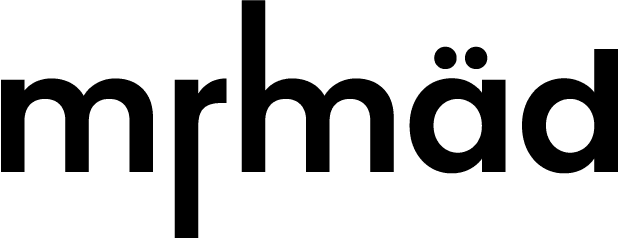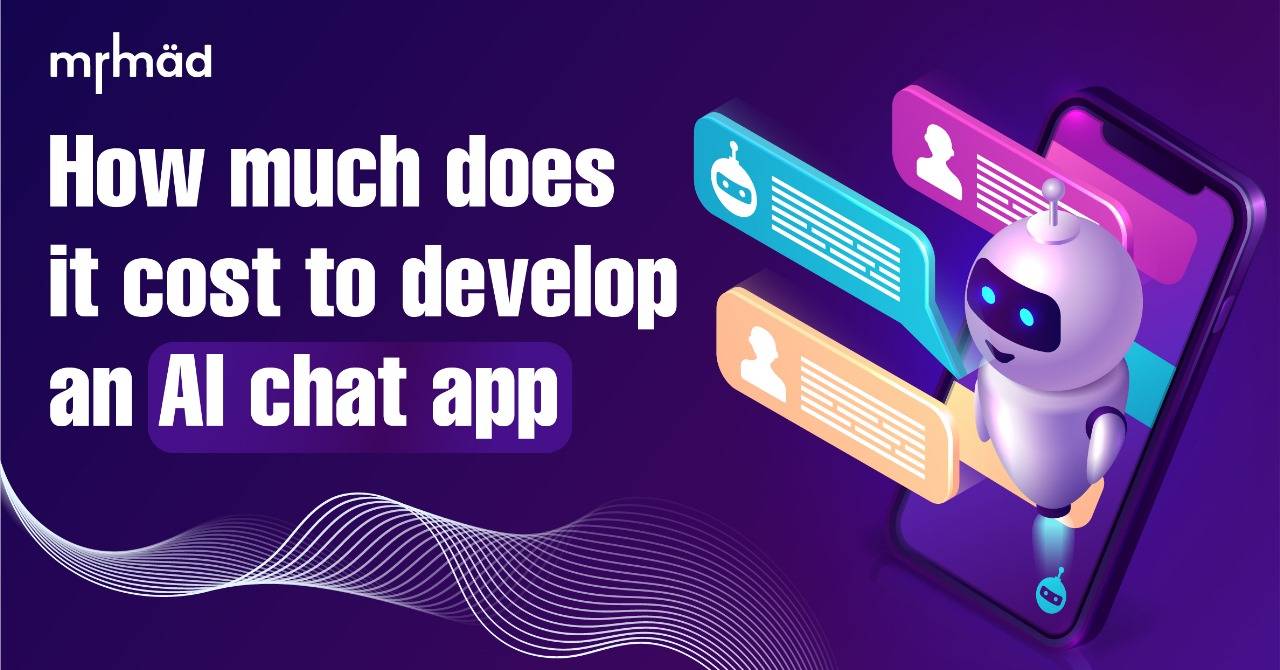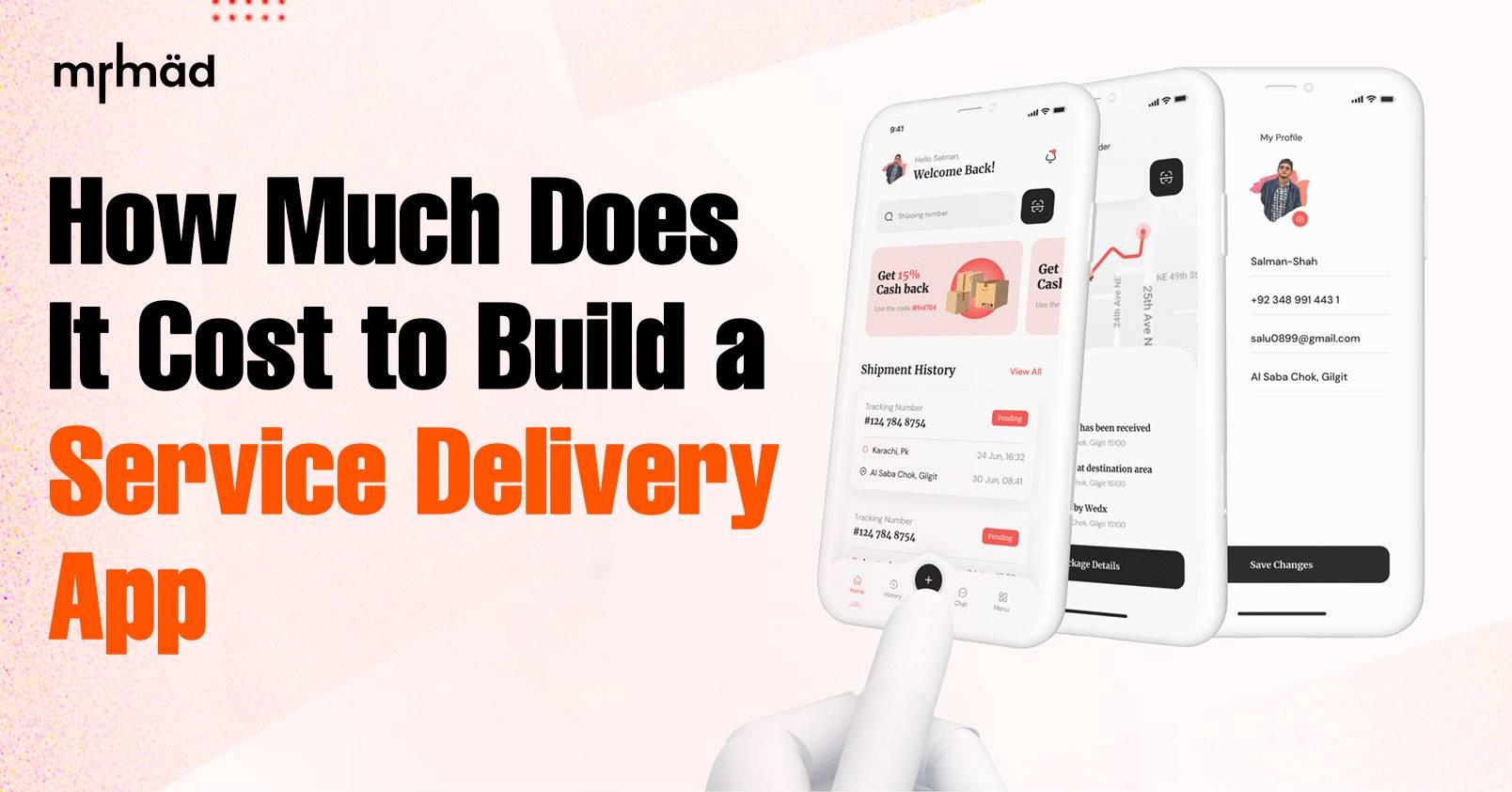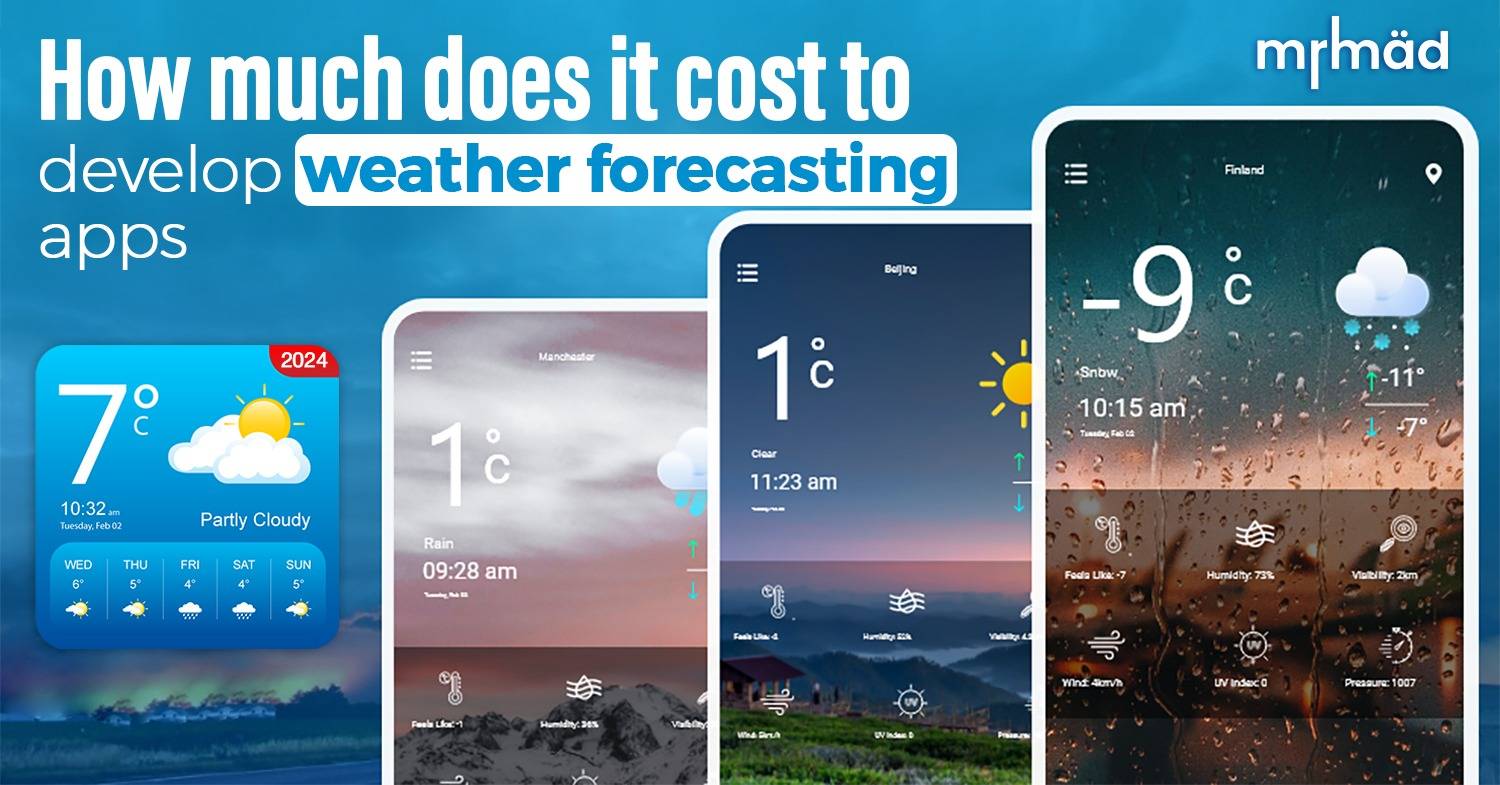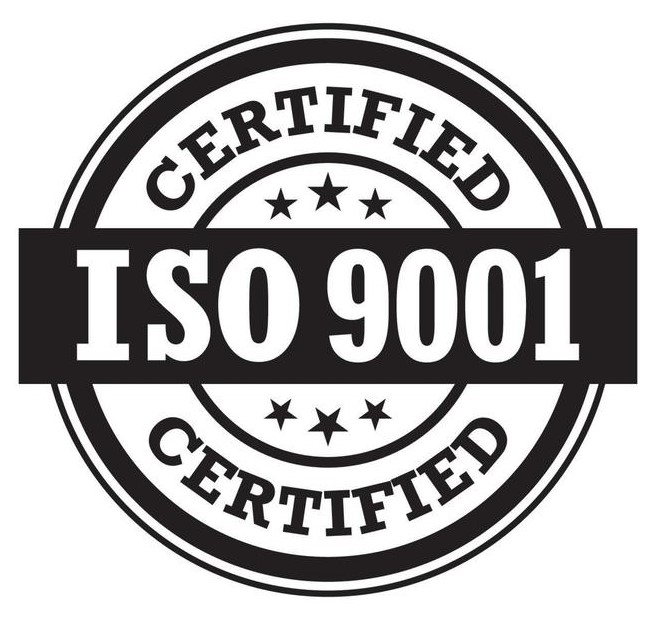Restaurant booking system
Elevate your restaurant’s visibility and streamline reservations today. Join me and redefine the dining experience for your patrons.
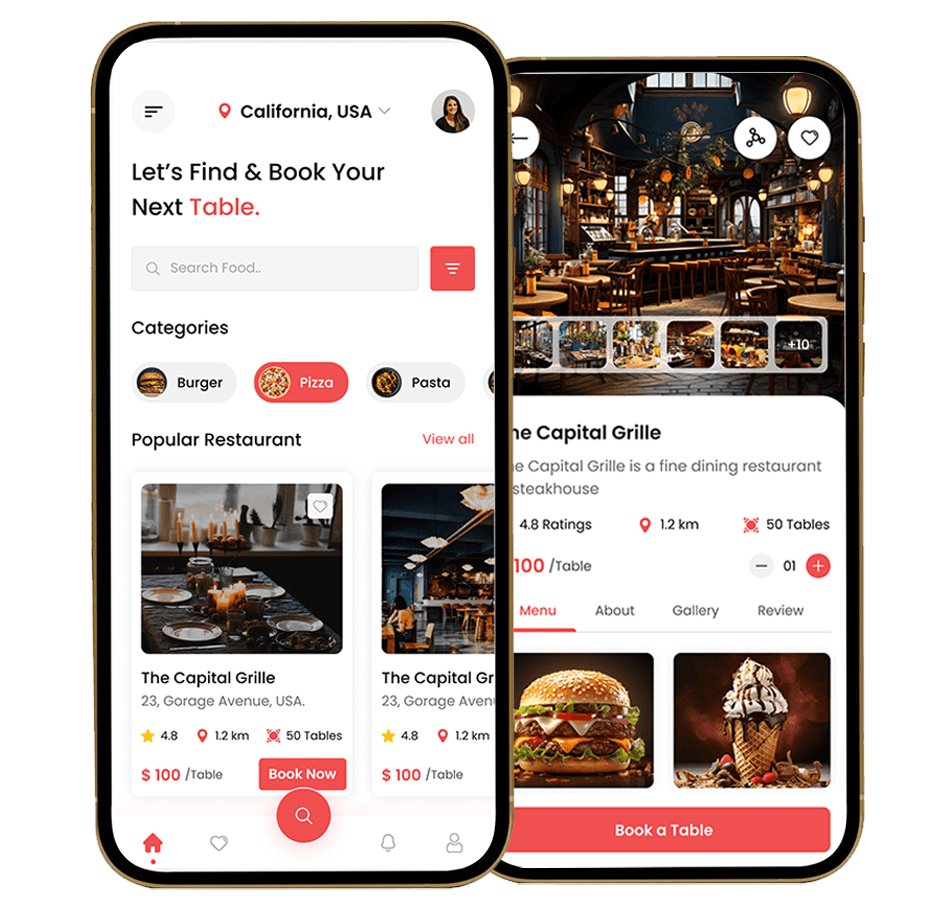
How does the restaurant system work?
A restaurant booking platform works by facilitating the process of making reservations at restaurants, streamlining the booking process for both diners and restaurant staff. Here’s a simplified overview of how it typically works:
A restaurant system includes the organized activity of different capabilities like requesting, food readiness, and administration. Clients place orders, which are conveyed to the kitchen staff for planning, and afterward the completed dishes are served to the clients. The system likewise incorporates stock administration, charging, and client care to guarantee a smooth eating experience.
Search and Discovery
Diners visit the restaurant booking platform’s website or mobile app and begin their search for dining options. They can browse restaurants based on criteria such as location, cuisine type, price range, and availability.
Checking Availability
Diners check the availability of tables at their chosen restaurant for their desired date and time. The booking platform displays real-time availability based on the restaurant’s reservation system.
Selecting a Restaurant
After exploring the available options, diners select a restaurant they’re interested in dining at. They can view details about the restaurant, including its menu, opening hours, location, and customer reviews.
Making a Reservation
Once they find a suitable time slot, diners proceed to make a reservation through the booking platform. They provide details such as the number of guests, special requests (e.g., dietary restrictions), and contact information.
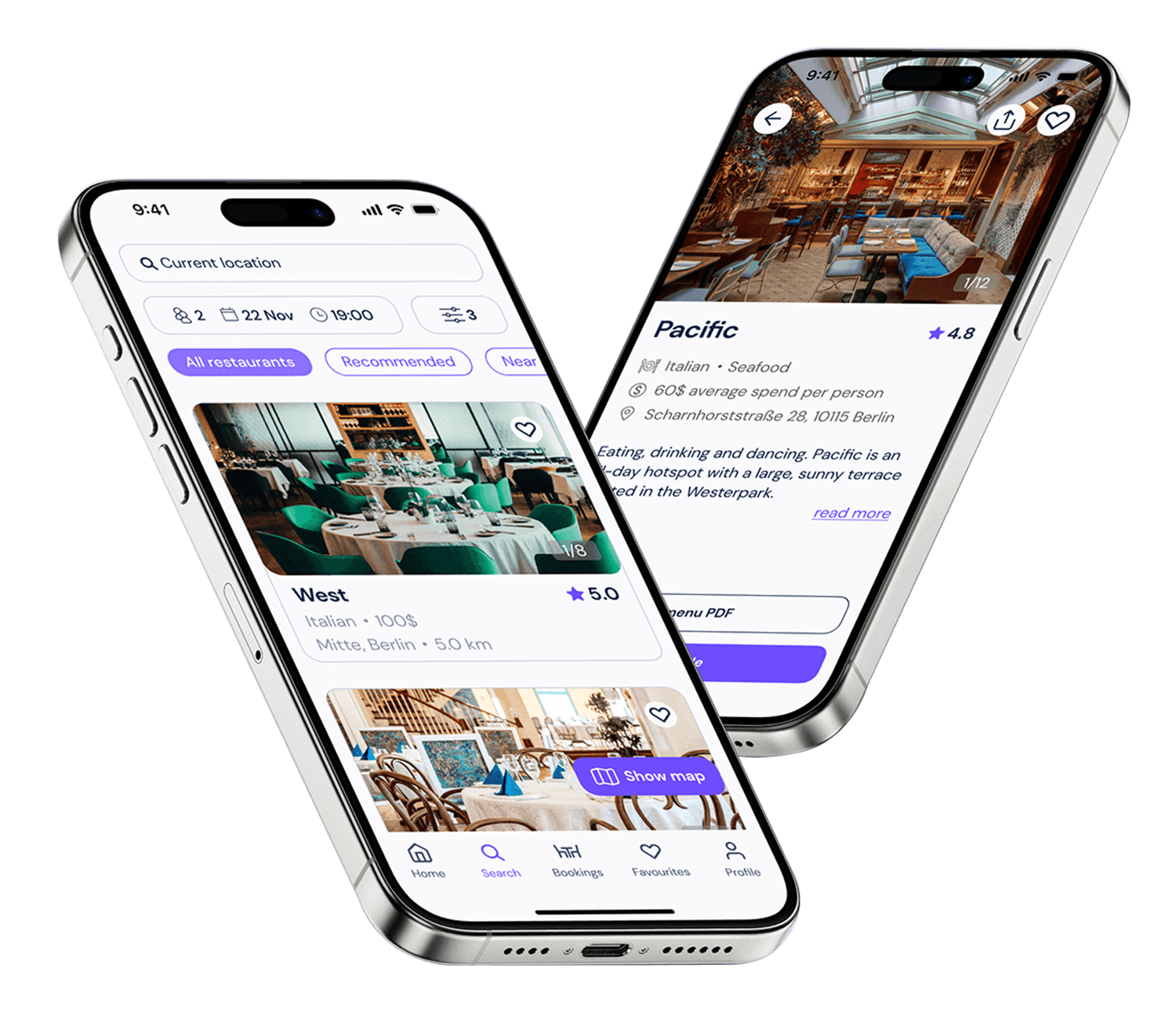
Restaurant booking system with a personalized demo.
Experience the benefits of our restaurant booking system firsthand with a risk-free trial.
The apps that offer a similar business model are
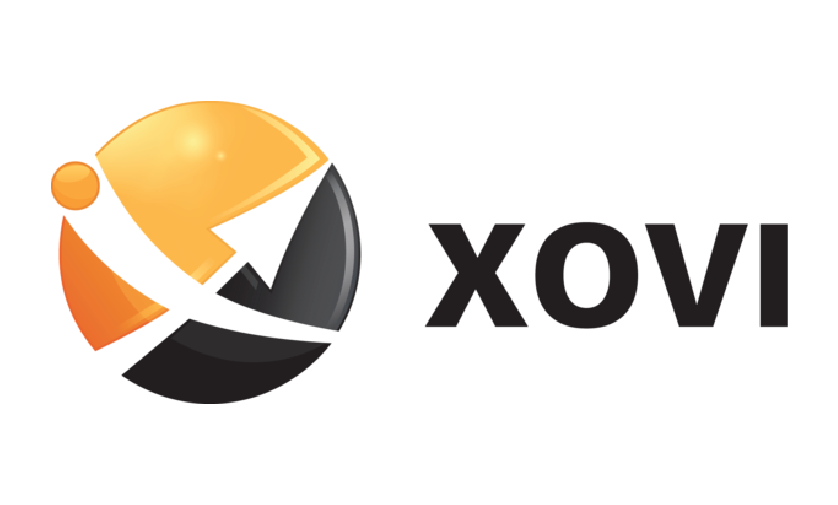
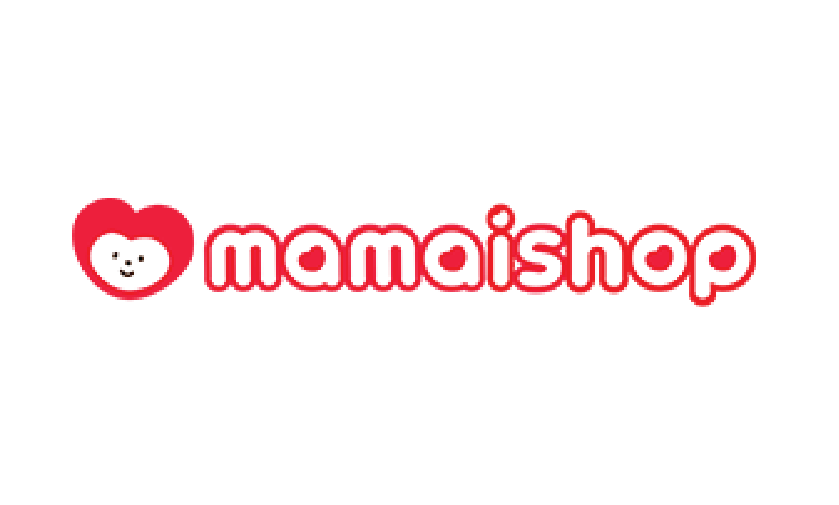

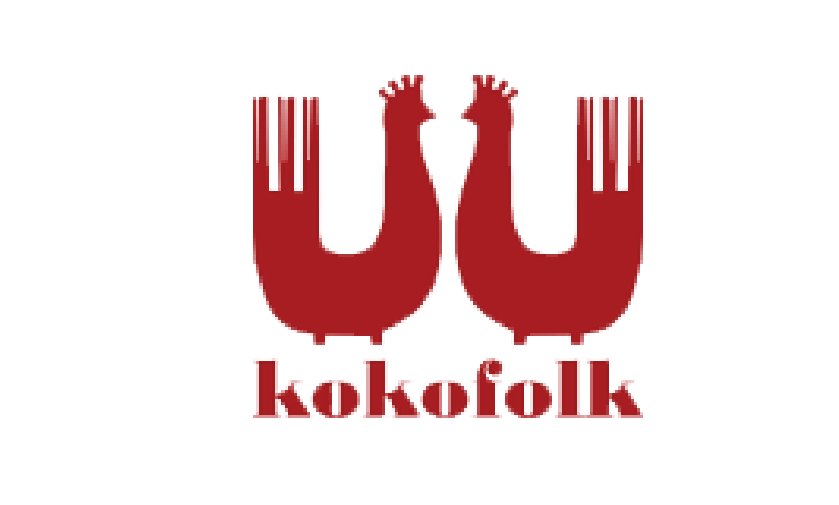

A restaurant booking system streamlines reservations, reducing wait times and optimizing table turnover. By providing a seamless booking experience for customers, restaurants can enhance guest satisfaction and maximize their seating capacity, ultimately driving revenue growth.

Empowers restaurants to capture valuable customer data, allowing for personalized service.
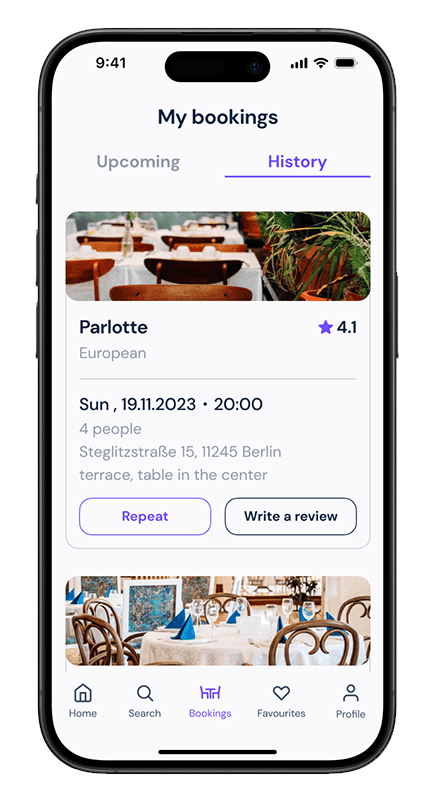
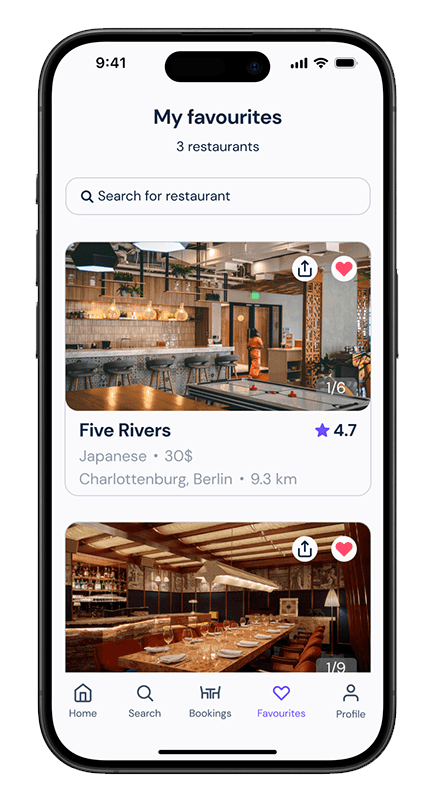
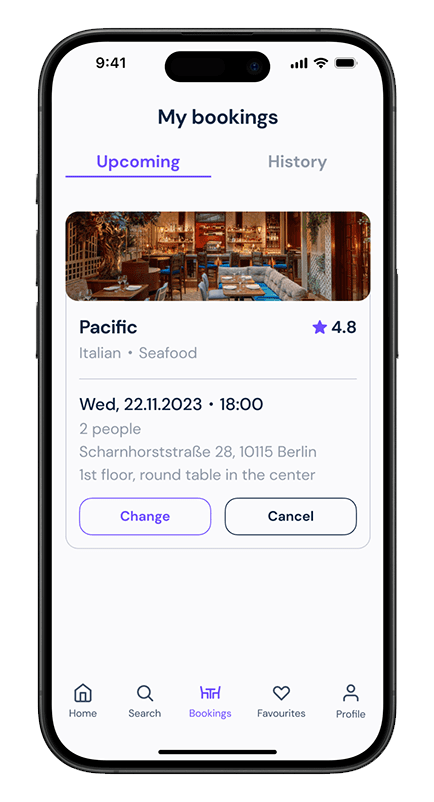
Get Started with a Free Trial
User features
A restaurant management system offers user-friendly features such as seamless online ordering and reservation management, ensuring customers can easily book tables and place orders from their devices.
User features
Our restaurant booking system offers user-friendly features such as intuitive reservation management, real-time availability updates, and customizable booking options.
Search and Discovery
Users can search for restaurants based on criteria such as location, cuisine type, price range, availability, and user ratings.
Browse Restaurant Profiles
Users can view detailed profiles of restaurants, including photos, menus, opening hours, location maps, and customer reviews.
Real-time Availability
Users can check real-time availability of tables at their chosen restaurant for their desired date and time.
Table Reservation
Users can easily make table reservations directly through the platform by selecting their preferred date, time, and number of guests.
Booking Confirmation
Users receive instant confirmation of their reservation via email or SMS, along with booking details and any special instructions.
Security
QR Pay systems often employ encryption and secure authentication methods to protect user data and prevent fraud. Additionally, some QR Pay apps require PINs, biometrics, or passwords for authorization, enhancing the security of transactions.
Merchant Offers and Discounts
Users may be able to pay bills for utilities, services, or subscriptions through the QR Pay app, streamlining the payment process for recurring expenses.
International Payments
Depending on the app and its capabilities, QR Pay might allow users to make cross-border payments, making it a convenient option for travelers or international transactions.
User Flow
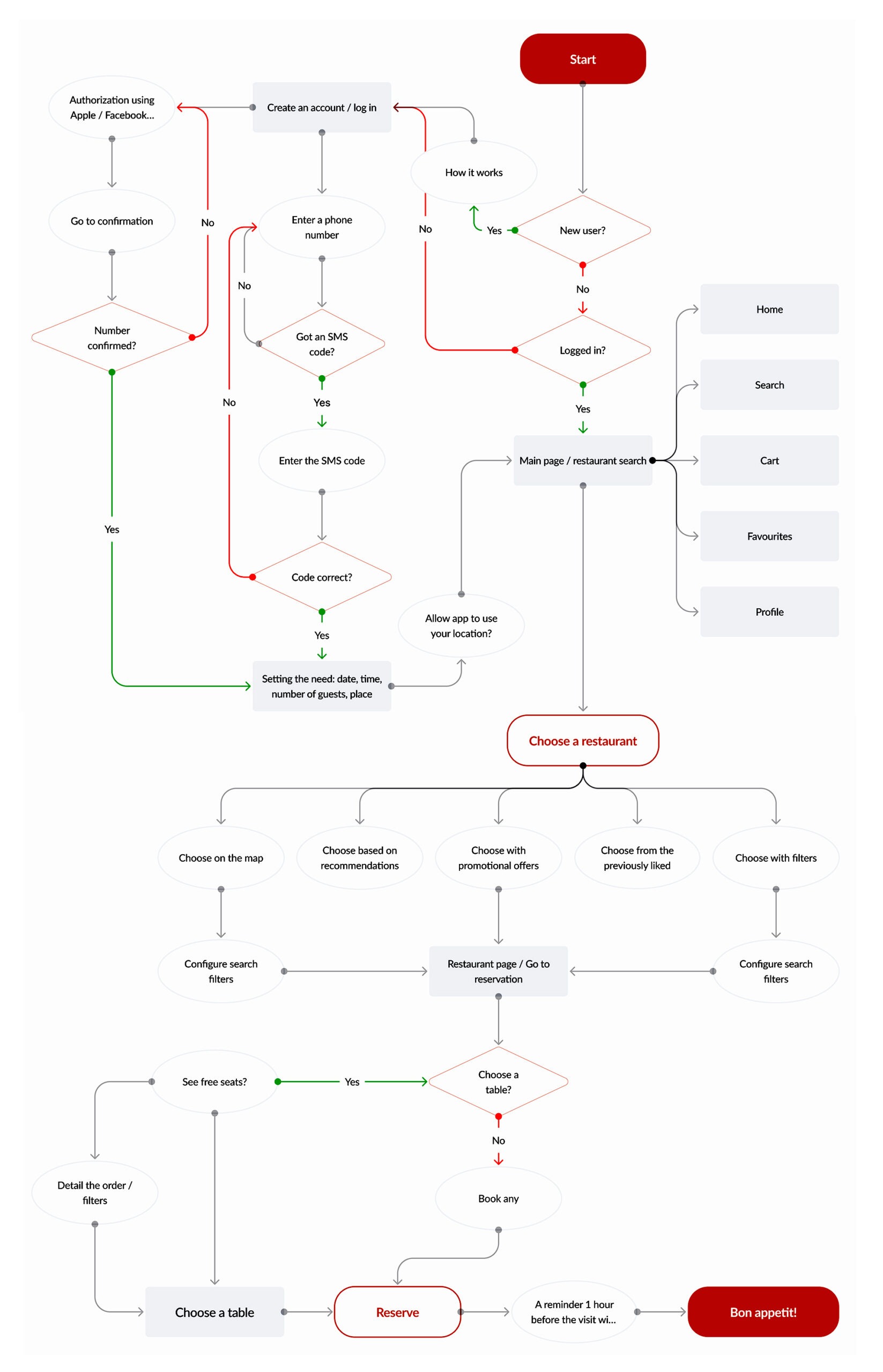
Merchant features
My restaurant booking system provides merchants with powerful features including customizable table layouts, automated reservation reminders, and comprehensive guest management tools
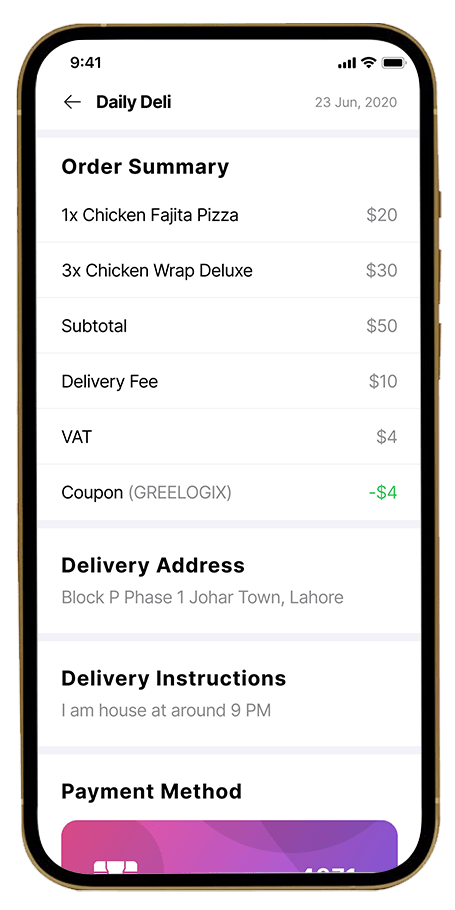
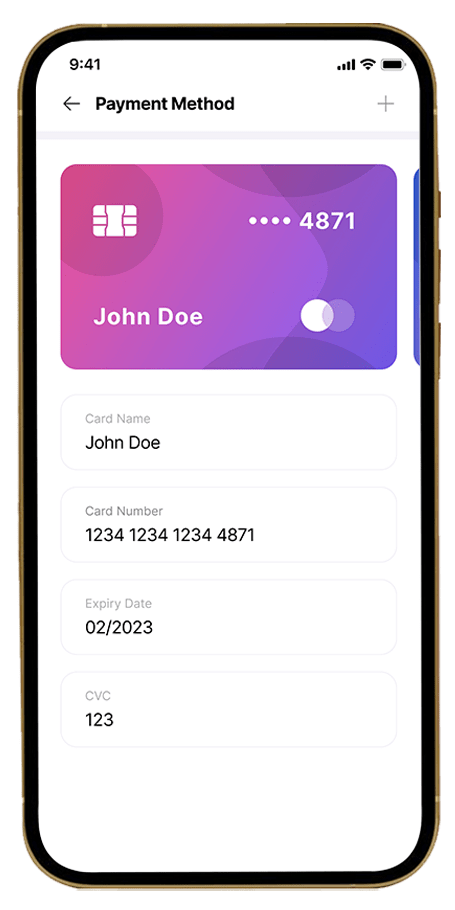
Dashboard and Analytics
Access to a dashboard providing insights into reservation statistics, customer feedback, and revenue performance.
Table Management
Manage table availability, layout configurations, and seating capacities to optimize restaurant capacity and efficiency.
Reservation Management
View and manage incoming reservations, including accepting, modifying, or canceling bookings as needed.
Menu Management
Update and customize the restaurant menu, including adding new dishes, updating prices, and specifying dietary information.
Special Offers and Promotions
Create and manage special offers, discounts, and promotions to attract diners and drive business during off-peak hours.
Customer Communication
Communicate with customers directly through the platform, responding to reservation inquiries.
Integration with POS Systems
Many QR Pay services can integrate with existing Point-of-Sale (POS) systems, allowing merchants to seamlessly incorporate QR payments into their current payment processing infrastructure.
Customizable QR Codes
Merchants can often customize their QR codes, adding logos or branding elements to make them more visually appealing and recognizable to customers.
Seamless Refunds and Disputes
In case of any disputes or the need for refunds, QR Pay apps typically offer a smooth process for merchants to handle these situations.
Promotions and Loyalty Programs
Some QR Pay systems allow merchants to set up promotions, discounts, or loyalty programs to incentivize customer engagement and repeat business.
International Acceptance
Depending on the QR Pay service, merchants may be able to accept payments from customers internationally, expanding their customer base and potential sales.
Super Admin Panel
The super admin features of a restaurant management system include comprehensive control over user permissions and access, allowing for the creation and management of roles across the organization
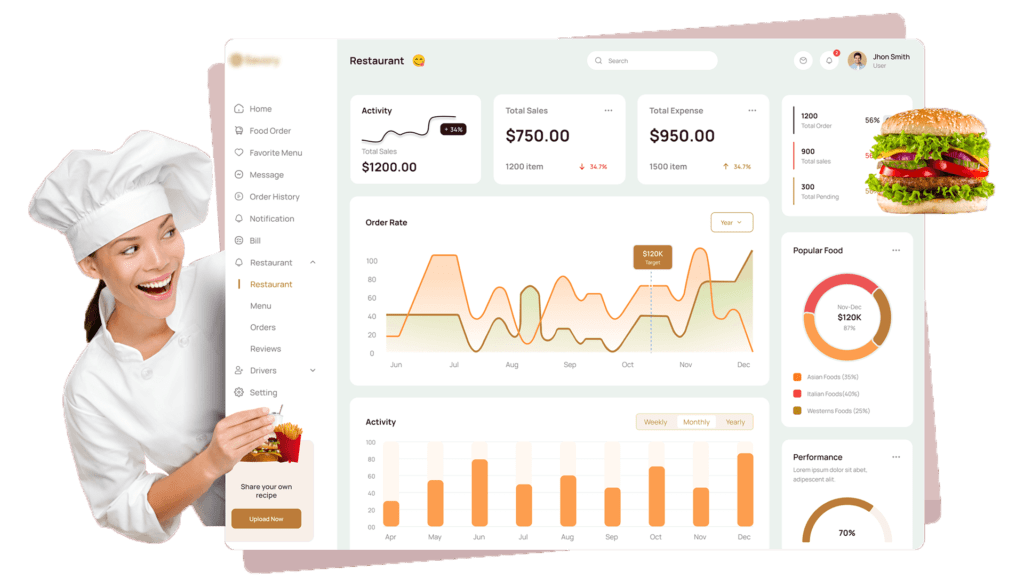
User Management
Manage user accounts, roles, and permissions across the platform, including merchants, customers, and support staff.
Dashboard and Analytics
Access to a centralized dashboard providing an overview of platform activity, performance metrics, and system health.
Reservation Oversight
Monitor incoming reservations, view reservation details, and resolve any issues or conflicts that may arise.
Billing and Invoicing Management
Oversight of the billing and invoicing process, including invoice generation, payment processing, and revenue reconciliation.
Content Management
Manage content on the platform, including restaurant listings, menus, promotions, and featured content.
Customer Support Tools
Provide support to merchants and customers through a ticketing system, live chat, or email communication channels.
System Settings and Customization
The panel typically provides options for customizing the appearance, branding, and settings of the payment platform to align with the company's identity.
API Management
If the payment system offers APIs for integration with other services, the Super Admin Panel may include API management features, allowing super admins to monitor API usage and manage access.
Support and Customer Service
Super admins may have access to customer support tools and features to address any issues or inquiries related to the payment platform.
Notifications and Alerts
The panel can be equipped with features to set up notifications and alerts for critical events, such as high-value transactions or system issues.
Backup and Recovery
Super admins might have the ability to perform backups of the payment system's data and configure disaster recovery procedures.
Merchant Management
Super admins can manage merchant accounts, review applications, approve or reject new merchants, and monitor the performance of existing merchants.
Tech stack used
The tech stack for a restaurant management system includes a robust back-end framework such as Node.js or Django, paired with a front-end library like React or Angular for dynamic user interfaces.
Frontend
React.js, HTML, CSS3
Backend
Node.js, Express.js
Database
MongoDB
Payment Gateway Integration
Stripe, PayPal
Hosting
AWS (Amazon Web Services)
Analytics
Google Analytics
Security and Encryption
To ensure secure transactions, QR Pay systems employ encryption algorithms and security protocols. Technologies like SSL/TLS certificates and OAuth might be used to secure communications between the app and the backend servers.
Mobile Wallet Integration
QR Pay apps often integrate with mobile wallet services to enable users to link their bank accounts or credit/debit cards. This integration may involve SDKs provided by mobile wallet providers.
Cloud Services
Many QR Pay systems utilize cloud services like Amazon Web Services (AWS), Microsoft Azure, or Google Cloud Platform for hosting their backend infrastructure, ensuring scalability and reliability.
Analytics and Reporting
For tracking user behavior and transaction analytics, QR Pay systems might integrate with analytics tools like Google Analytics or custom analytics solutions.
Push Notifications
QR Pay apps often send push notifications to users. For this, services like Firebase Cloud Messaging (FCM) or Apple Push Notification Service (APNS) might be used.
Google Analytics
Firebase Cloud Messaging
The specific features and capabilities can vary based on the complexity and scope of the payment platform or service being managed
Restaurant booking system provides merchants with powerful features.

Develop best resturant booking system
Connect with me to get started with the best system
Support Facility
My restaurant booking system offers robust support facilities including dedicated customer support channels, comprehensive documentation, and responsive technical assistance.
24/7 Customer Support
Round-the-clock support for both merchants and users via email, live chat, and phone.
Comprehensive Documentation
Extensive documentation and guides available online for merchants and users to troubleshoot common issues.
Dedicated Account Managers
Assigned account managers for merchants to assist with onboarding, training, and ongoing support.
Regular Updates and Maintenance
Continuous updates and maintenance to ensure platform security, performance, and feature enhancements.
Community Forums
Online forums where users and merchants can interact, share experiences, and seek assistance from the community.
Training Workshops
Periodic training workshops and webinars for merchants to learn best practices, tips, and strategies for maximizing their presence on the platform.
Why Choose me?
Choosing an expert like me to develop your restaurant management system ensures a customized, scalable solution tailored to your specific needs, enhancing efficiency and user experience. Experts bring industry knowledge and technical proficiency, delivering a robust system that integrates seamlessly with existing operations and future growth.
User-Friendly Experience
My platform offers an intuitive and user-friendly experience for both merchants and users, making it easy to find, book, and manage reservations.
Advanced Features
I offer advanced features such as real-time availability, dynamic pricing, and integration with POS systems to enhance the booking experience and streamline restaurant operations.
Scalability
My platform is built on scalable technologies and infrastructure, allowing us to handle a large volume of bookings and support the growth of our merchants' businesses.
Your go-to solution for hassle-free and secure payments.
Develop a powerful feature-packed digital e-wallet application development
Frequently asked questions
Developing a restaurant booking platform requires expertise in web or mobile application development, backend development, database management, user interface design, and integration with third-party services such as payment gateways and mapping APIs.
Common technologies used in developing a restaurant booking platform include frontend frameworks like React.js or Angular, backend frameworks like Node.js or Django, databases like MongoDB or PostgreSQL, and integration with APIs for payment processing, mapping, and communication.
Scalability and performance can be ensured by designing a scalable architecture, utilizing cloud-based hosting services like AWS or Google Cloud, optimizing database queries and caching mechanisms, and conducting load testing to identify and address performance bottlenecks.
Important features to include in a restaurant booking platform are user registration and authentication, restaurant search and filtering, reservation management, real-time availability updates, booking confirmation and reminders, user reviews and ratings, and integration with payment gateways.
Payment processing can be integrated using payment gateway APIs like Stripe, PayPal, or Square. Users can securely pay for their reservations using credit/debit cards or other payment methods supported by the chosen payment gateway.
UX design best practices include intuitive navigation, clear call-to-action buttons for making reservations, responsive design for mobile compatibility, visual cues for availability and booking status, and streamlined checkout processes.
Data security can be ensured by implementing encryption for sensitive data, following best practices for secure coding, regularly updating software and libraries to patch security vulnerabilities, and complying with data protection regulations such as GDPR or CCPA.
Challenges may include integrating with multiple third-party APIs, managing real-time availability updates and concurrency issues, optimizing database performance for high traffic, ensuring cross-platform compatibility, and addressing usability issues based on user feedback.
The development timeline can vary depending on factors such as the complexity of features, team size and expertise, availability of third-party APIs, and project scope. A basic version of the platform may take several months to develop, while more complex features or integrations may extend the timeline.
Ongoing support and maintenance may include monitoring system performance, addressing bug fixes and security vulnerabilities, updating features and integrations, providing customer support for users and merchants, and continuously improving the platform based on user feedback and market trends.
Latest Blog
Check out the latest articles and get valuable insights
Get In touch with me today
I’am here to help ! If you have any Questions or would you like to discuss about your mobile app development services then I am here to assist you.
Have a cool Project?
Get in touch
Our Location
Email Address
Let's talk about your project.
I’am here to help with any questions or needs you might have. Reach out to me, and let’s start a conversation about how I can assist you.
